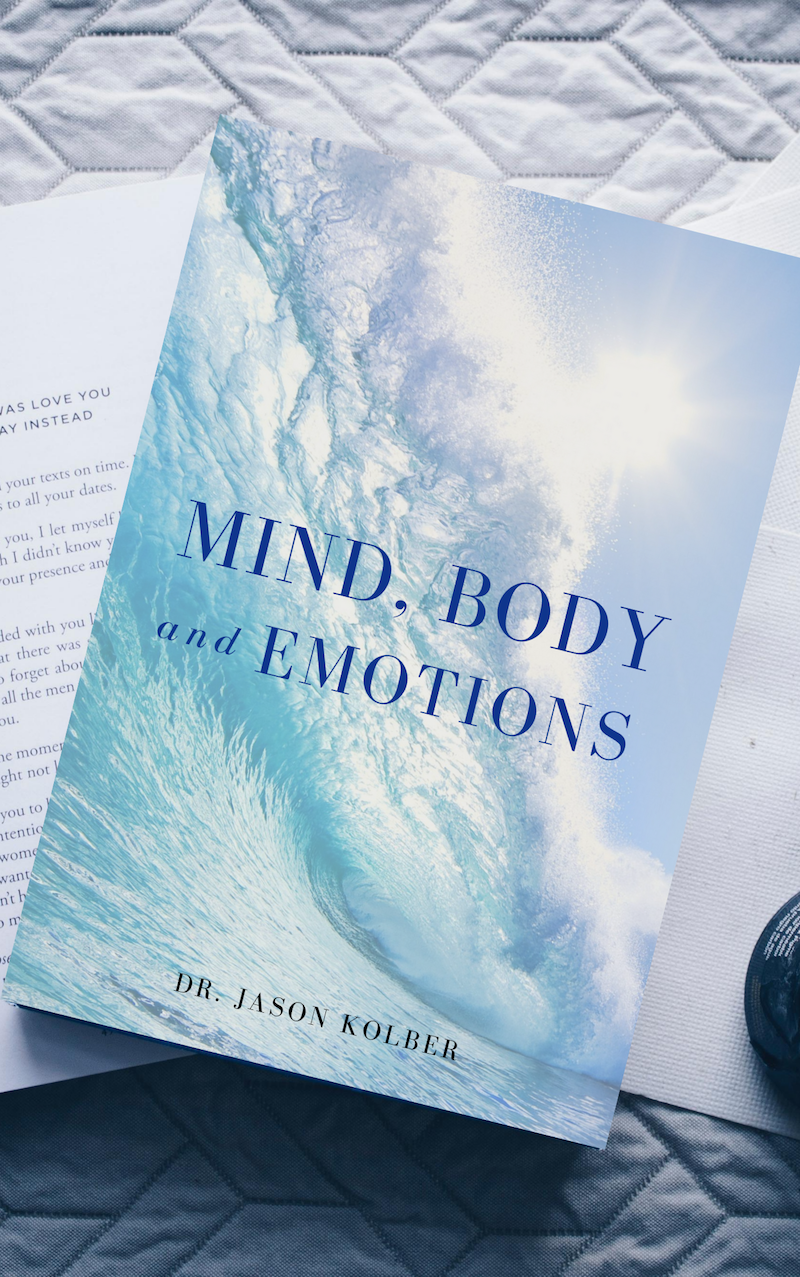Healthy Eating Provides Nutrients for Energy Production
Healthy eating habits play an important role in our overall health and well-being. Proper nutrition not only helps us maintain a healthy weight and prevent chronic diseases but also impacts our energy and performance levels. In this blog post, we'll explore how healthy eating habits impact a person's energy and performance.
Food is the fuel that provides energy for our bodies to function. The nutrients in food are essential for energy production, and when we eat a balanced diet that provides the necessary nutrients, we feel more energized and focused. Carbohydrates are a primary source of energy for the body, and they should make up around 45-65% of our daily caloric intake. Whole grains, fruits, and vegetables are excellent sources of carbohydrates. Protein is also essential for energy production, and it should make up around 10-35% of our daily caloric intake. Lean sources of protein such as chicken, fish, tofu, and beans are great choices.
Healthy Eating Helps Control Blood Sugar Levels
When we eat sugary or processed foods, our blood sugar levels spike and then crash, causing energy levels to fluctuate. A diet rich in whole, unprocessed foods such as fruits, vegetables, and whole grains can help regulate blood sugar levels, preventing energy crashes and improving overall energy and performance.
Healthy Eating Helps Improve Mental Clarity and Focus
A diet high in processed and sugary foods can negatively impact cognitive function, including memory, concentration, and focus. Eating a diet rich in whole, nutrient-dense foods such as fruits, vegetables, and lean protein can improve cognitive function and help us feel more alert and focused.
(Insert link to one pager about mindfulness/mental clarity from one of our experts)
Healthy Eating Helps Improve Sleep Quality
What we eat can impact the quality of our sleep. Eating heavy or spicy meals close to bedtime can disrupt sleep, while eating a light meal rich in nutrients can promote better sleep quality. Eating a balanced diet that includes a variety of nutrients can also improve sleep quality by providing the body with the nutrients it needs to function optimally. (Insert link to sleep quiz)
Tips for Incorporating Healthy Eating Habits
- Eat a balanced diet that includes a variety of nutrient-dense foods such as fruits, vegetables, whole grains, lean protein, and healthy fats.
- Avoid sugary or processed foods, which can cause energy crashes and negatively impact cognitive function.
- Eat smaller, more frequent meals to maintain steady energy levels throughout the day.
- Stay hydrated by drinking plenty of water and avoiding sugary drinks.
- Plan and prepare meals in advance to avoid relying on fast food or unhealthy options.
- Listen to your body's hunger and fullness cues and avoid overeating.
- Add in a reason that fits with thrival (quick energy…..be ready to have healthy snacks (then link to thrival bar)
In conclusion, healthy eating habits are essential for improving energy and performance. A balanced diet rich in nutrient-dense foods can provide the body with the energy and nutrients it needs to function optimally. By incorporating healthy eating habits into your daily routine, you'll feel more energized, focused, and ready to tackle whatever challenges come your way.
Thrival CTA




